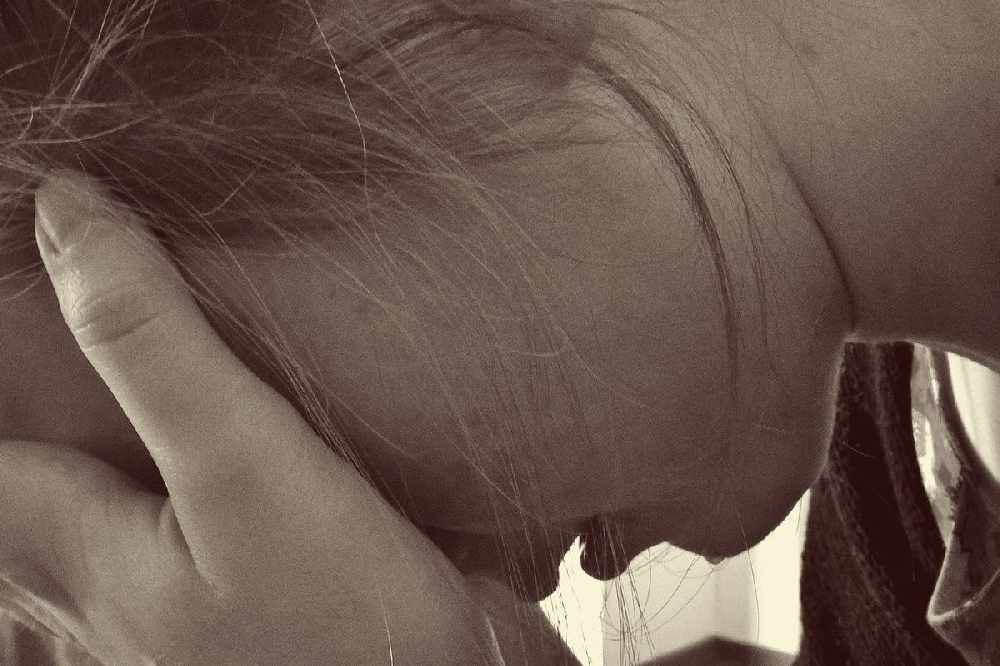
16 actions have been set out to improve children and young people's mental health and wellbeing over the next four years.
Its been launched to mark the start of Children's Mental Health Week.
The government admits little attention has been given to young people's mental health and wellbeing for too long - and a whole community approach is needed to help them thrive.
The 16 actions sit under four priorities, which are:
- That everybody promotes good wellbeing, mental health, and resilience by thinking about mental health in the same way to physical health and making it as simple as possible to get help early without feeling embarrassed or awkward
- Making it easy to find out who can help and what support is available
- Getting the right help and support at the right time and in the right place
- Listening about what helps to help improve the quality of services
"This strategy has a strong focus on prevention and early intervention to improve children and young people’s mental health and offers opportunities to upskill professionals in settings such as early years, schools, and GPs. By enabling children, young people, and families to access the support they need earlier, and in familiar settings, it will reduce the burden on specialist services such as CAMHS.
This will enable specialist services to assess, treat, and support much quicker for those that need more intensive interventions."
Action planned for the first quarter of this year include:
- Launching a public health campaign around preparing for pregnancy
- Piloting a drop-in wellbeing service
- Piloting out-of-hours therapy sessions
Before the end of 2022, the government has vowed to:
- Create a wellbeing helpline
- Running support sessions in-person, online, and in groups
- Developing a dedicated service for young people with eating disorders
- Agreeing and confirming Jersey's Children First practice model
- Appointing a Mental Health and Wellbeing Quality, Assurance Manager
Longer-term aims between 2023 and 2025 include:
- Finding people to become mental health ambassadors
- Creating specific caregivers' support for their own mental health
- Improving the offer for young carers
- Training and support for professionals in maternity and early years
- Rolling out a public campaign to develop a trauma-informed island
- Making sure schools have drop-in wellbeing support available
- Reviewing family support and parenting groups to provide consistency across the island
- Creating dedicated mental health capacity for children, young people and families that are care experienced
- Making sure that psychological support is available for those with a long-term health condition such as diabetes
- Developing an Intensive Support Service
A new panel will also be set up - made up of young people, parents, carers, and professionals - to advise and support on what has been described as a 'transformational programme of change.'
Referrals to mental health services for under-18s have increased by 26% over the last four years.
The acceptance rate has also increased, leading to a 59% spike in referrals accepted.
The number of urgent or emergency referrals has also gone up. It's double the UK mean of 12%.
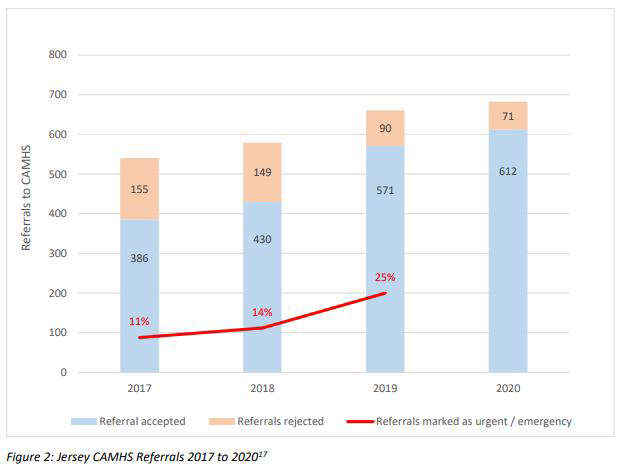
"Increased referrals and acceptance rates had consequently led to an increased CAMHS caseload. The caseload has increased from 609 in 2016 to 721 in 2019 and was 800 at year end 2020. The caseload as of the 31st March 2021 was 872, this sustained year on year increase will have an impact on waiting times, particularly for the more specialist interventions.
The full impact of COVID-19 has not yet been understood, nonetheless we know that it has placed additional burdens on children, young people, and families. In May 2020, during the height of lockdown in Jersey, one in three children expressed some sort of concern, such as anxiety, sadness, or safety concerns.
Of these, anxiety was most common, affecting around 10% for primary children and 15-20% for older children.18 The strategy will consider the likely additional burden of Covid-19 on the population’s mental health."
Mental health-related hospital admissions for under 18s went up to 11% in 2021.
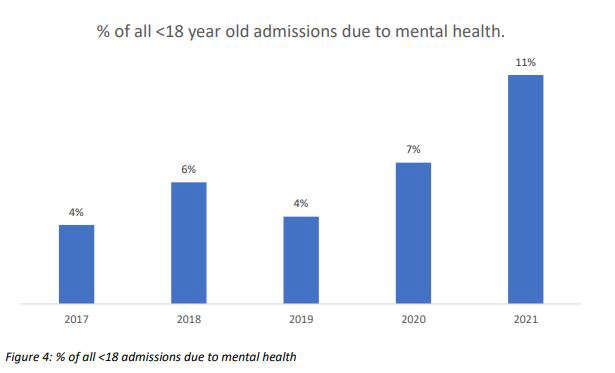
There were 282 youth detentions in 2020. That is double the total for 2019 and the highest number seen over the last decade.
The number of individual detainees increased by 40% to 99.
"I would like to thank all those who have been involved in developing this strategy. Your voice, your experience, your expertise, and your input have been instrumental in creating Jersey’s first emotional wellbeing and mental health strategy for children and young people.
Providing love, nurture and support throughout childhood is critical to enable children and young people to reach their full potential and to thrive; but for too long in Jersey little attention has specifically been given to children and young people’s wellbeing and mental health.
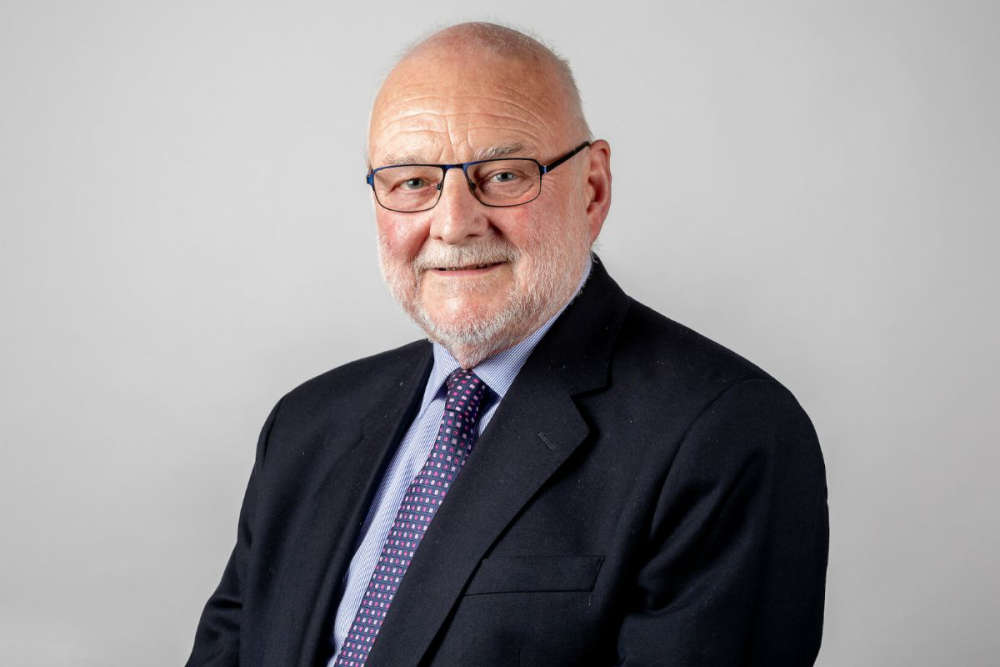
Children and young people are our future and therefore ‘Putting children first’ is the top priority of the Government of Jersey. Investment in children, young people’s and family’s mental health and wellbeing has huge personal, clinical, and financial returns for the Island.
Although we started the development of this strategy before Covid-19 we must not underestimate the additional impact that the pandemic has had on the mental health and wellbeing of children, young people, and families. It is therefore more important than ever that we consider what we want our children and young people’s mental health services to look like in the future, based on evidence of what works." - Deputy Trevor Pointon, Assistant Minister with responsibility for CAMHS.


 Corbiere will stay lit for two more weeks
Corbiere will stay lit for two more weeks
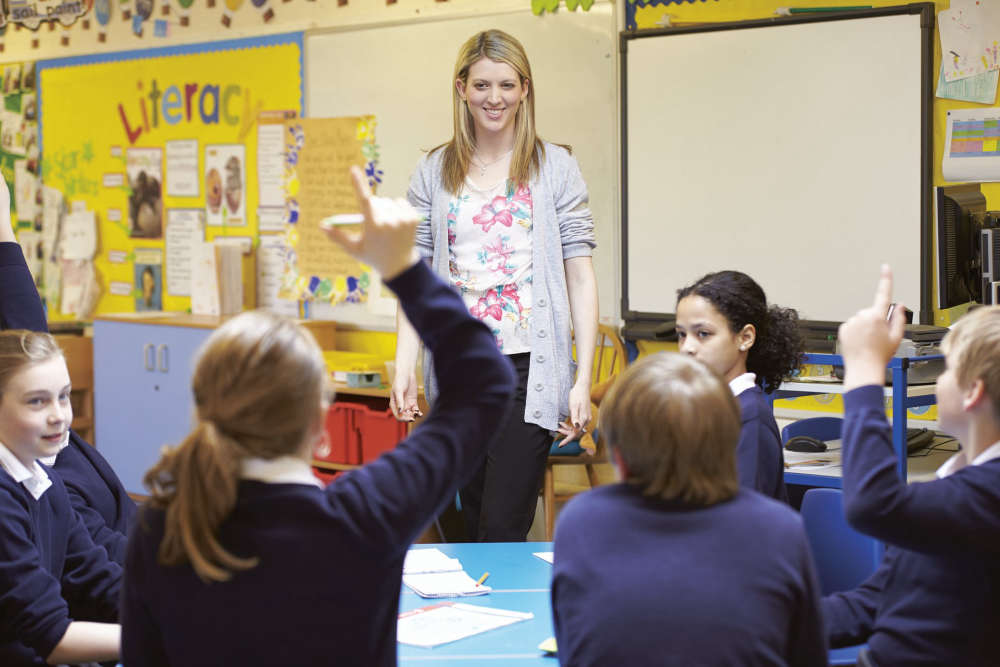 Jersey government reveals new plans to make schools more inclusive
Jersey government reveals new plans to make schools more inclusive
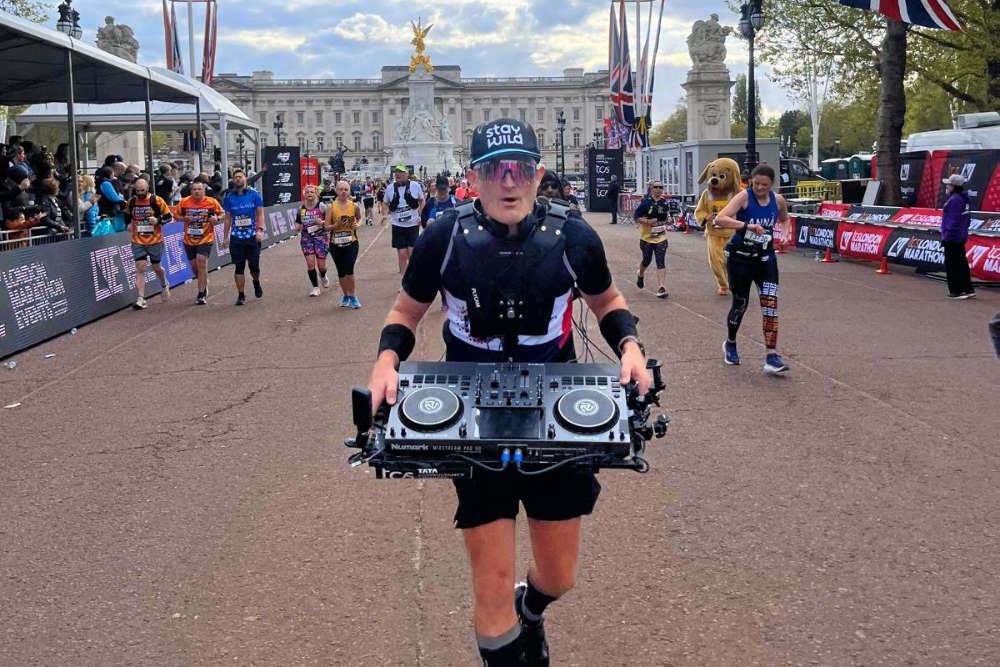 Marathon-running Jersey DJ raises £12k for cancer charity
Marathon-running Jersey DJ raises £12k for cancer charity
 Texas and Tom Grennan to headline Weekender in a new location
Texas and Tom Grennan to headline Weekender in a new location
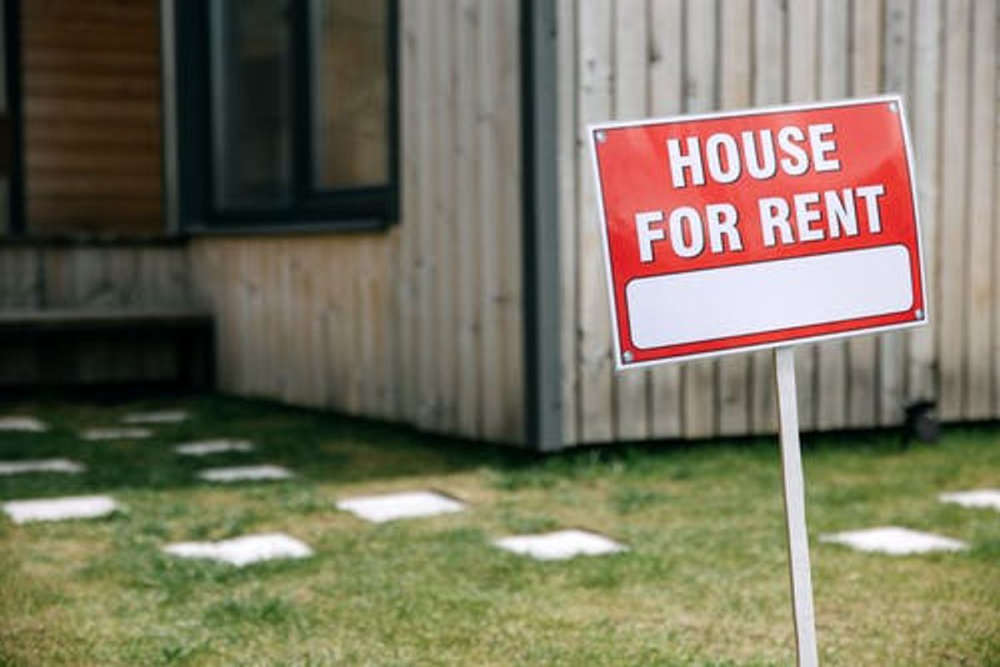 New tenancy law 'could help keep young islanders in Jersey'
New tenancy law 'could help keep young islanders in Jersey'
 Brittany Ferries tests Barfleur in Guernsey and announces discounted fares
Brittany Ferries tests Barfleur in Guernsey and announces discounted fares
 DFDS reveals plans for hybrid electric ferry for Channel Islands
DFDS reveals plans for hybrid electric ferry for Channel Islands
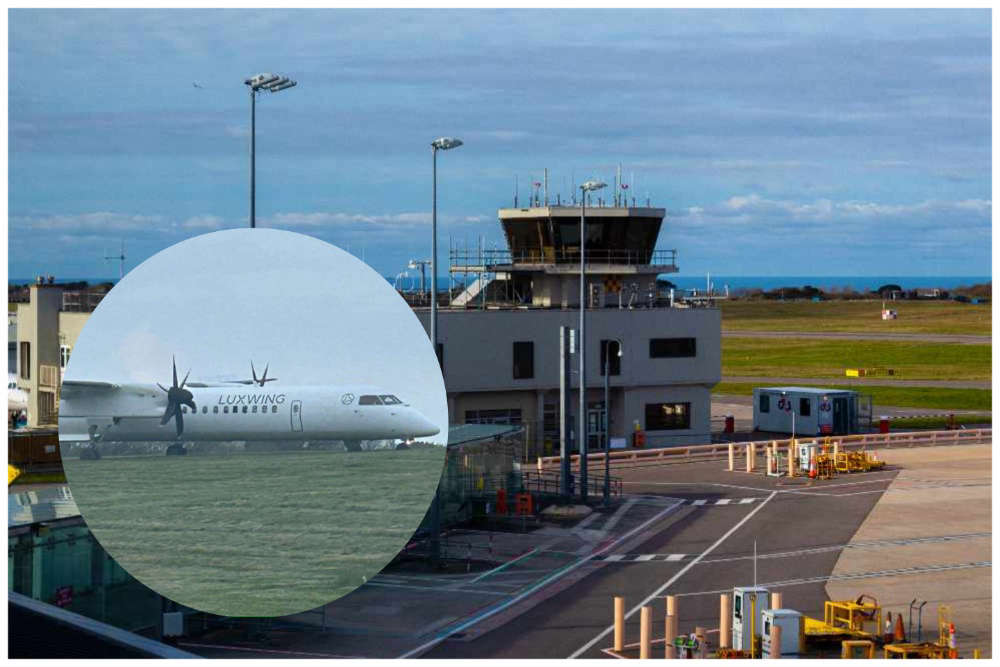 Air Accident Investigators head to Guernsey after Aurigny aircraft overshoots the runway
Air Accident Investigators head to Guernsey after Aurigny aircraft overshoots the runway